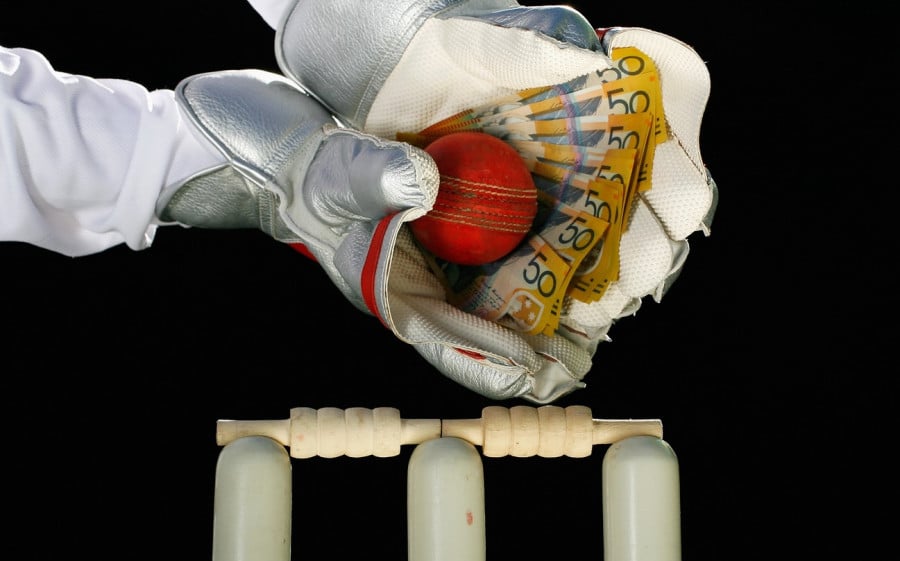Top 10 Tips for Sports Organisations & Tournament Organisers on Implementing Anti-Corruption Policies

The aim of this article to give an answer to the apparently simple question: How should a sports governing body (“SGB”) put into effect its anti-corruption policies and procedures governing the sport and the tournaments that it organises?
This issue arises in the context of a burgeoning amount of sport, and in particular competitions of questionable integrity being held in cricket, see for example the Abu Dhabi corruption scandal in T10 in 2021[1], but also arises in a cases where players and umpires travel on tour, such as tennis[2], or perform at different venues such as darts – a recent example of which is the case of DRA v Prakash Jiwa[3] where a darts player fixed matches in the Modus Super Series.
The Guide is an answer only because:
- First, what any particular SGB should and can do is fact-specific to the sport, the SGB and the powers and jurisdiction in which the issue arises.
- Second, it is deliberately written at a generic level and is not intended (and nor can it be) to answer the question for all sports in all ways.
For this guide, the author draws upon his experience having advised governing bodies in UK and internationally on the structure and methods-of policing sports related corruption and acted as a prosecutor for many cases involving corruption etc., including for the World Professional Billiards and Snooker Association, the Darts Regulatory Authority, British Horseracing Authority, Irish Horseracing Regulatory Board and Jockey Club of Saudi Arabia.
So, to provide an answer the author sets out below 10 steps to put in place that go in at least that direction.
To continue reading or watching login or register here
Already a member? Sign in
Get access to all of the expert analysis and commentary at LawInSport including articles, webinars, conference videos and podcast transcripts. Find out more here.
- Tags: Anti-Corruption | Anti-Match Fixing | Cricket | Horseracing | Match Fixing | Tennis
Related Articles
- The Importance Of Early Reporting & Preserving Evidence: Lessons From The Brendan Taylor Cricket Corruption Case
- Anti-Match-Fixing Action Plan – UEFA’s Recent Activities To Stay On Top Of The Game
- Do US courts have jurisdiction over international sports federations in match-fixing cases?
- The Battle For Olympic Selection And Coaches Conflict Of Interest - Manika Batra Vs TTFI
- What could the Giraudo (Former Juventus CEO) case mean for the Italian justice system and sport?
- The Esports Integrity Commission’s unprecedented sanction – a lifetime ban for Alexey Shyshko
- The challenges of ‘Net run rate’ and protecting the integrity of cricket tournaments
- Belgium’s anti-money laundering law: How does it impact football clubs?
Written by
Louis Weston
Barrister, Outer Temple Chambers
Louis is a Barrister practising from chambers at Outer Temple. He is expert in corruption and misfeasance in sport.




